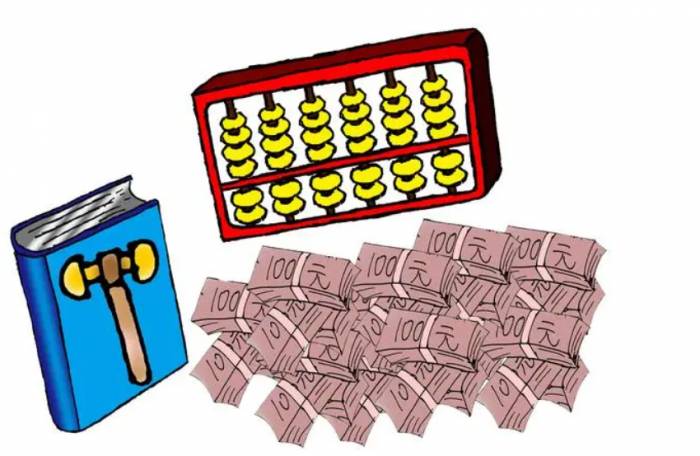Certainly.
However, this trading technique is not the technical analysis that most people study.
Technical analysis theory is one of the most controversial topics in the trading market. Every trader who enters the market hopes to find a foolproof technical analysis method. However, there are all kinds of technical analysis methods available on the market.
There are various schools of thought and a wide array of methods, including prophets, dreamers, pragmatists, from the magical level of astrology to cycle analysis, wave theory, pattern analysis, fundamental analysis, capital analysis, Gann theory, to various technical indicators and volume analysis, and so on.
In reality, many senior traders who have been in the market for years also have their own methods. These diverse methods and models make every newcomer to trading lose their way.
People with lower insight will spend a lot of time and energy on it and cannot extricate themselves.
True technical analysis is just a vehicle for your trading logic and cannot predict market trends through so-called technical analysis.
Since it is impossible to predict the market, is technical analysis useful? Can you make a stable profit through technical analysis? The answer is affirmative.
Advertisement
After studying technical analysis for several years, most people still lose money and will question whether technical analysis is useful at all. They feel that so many methods, such as wave theory and various indicators, are too subjective. Is it impossible to succeed with technical analysis?
If you are trying to find some kind of trading holy grail through technical analysis, then you are on a dead end.The so-called Holy Grail of trading is not about possessing an invincible method, but rather having an unshakable faith when facing uncertain market trends.
Speculative trading has been around for centuries, and like the sands of time, it has sifted through the waves, leaving behind only those who have withstood countless trials—the advantaged players. The market, in turn, rewards them with substantial profits.
A trading system is a perspective, like using a 20-day moving average; you are adding your own angle of observation to the chaotic market trends over a 20-day period.
From your perspective, the market is divided into two parts: you go long above the moving average and short below it. Consequently, the outcomes are also divided into two parts: profitable and losing trades.
The profitable trades are the areas where your trading system has an advantage, while the losing trades represent the wear and tear period of your system. No matter how you design your trading system, you will inevitably face a wear and tear period.
Whether a trade is profitable or not is truly determined by your exit strategy, not your entry. Honestly, even if you enter randomly, as long as your exit is correct, you can still make a profit. However, on the flip side, even if you find a great entry point and don't know how to exit, you won't make money.
I have seen many traders with decades of experience still using very complex trading systems, where a simple entry signal requires the overlay of various theories for mutual validation, and they will only enter the market after obtaining a confirmed result.
But successful traders know that entry is just the beginning of a trial and error process.
The ultimate truth is simplicity; simplicity is more effective, convenient, observable, and has less room for human adjustment, which can truly provide traders with effective market signals.

In fact, those who truly succeed in the market are not the ones who pursue high win rates. In reality, they spend most of their time experiencing a series of small losses, and then, in about one-third of the cases, they catch a trend that leads to significant profits, which then cover the previous small losses, ensuring overall profitability.Share some things I knew before you in trading. There are many things, many principles, and after trading for a long time, you can understand them all. However, society is about who understands first; understanding early and late leads to different destinies.
Comment